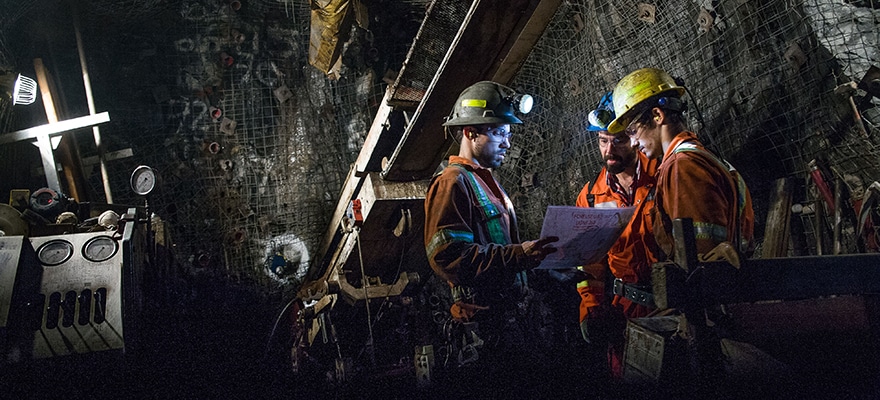Canaan Creative, the world's second-biggest Bitcoin mining company, is selling off its mining machines, according to RT.
Let's all celebrate and have a good time
Looking at the company's website, you can see that it is selling in bulk only, with a minimum order sizes. For example, if you are in the market for an AvalonMiner 851, retail price $380, you would have to buy at least 20 (which would cost you $7,600).
Representative Steven Mosher explained to CoinDesk that the sale is a "celebration" - the low price of cryptocurrency gives smaller operations that opportunity to get into the market. A slight rise in the price last week led him to say: "Usually if [the Bitcoin price] goes up, we would put prices up. Well, I thought I’m going to try something different....Now’s the time to celebrate, we’re at a bottom."
Not everyone is celebrating though - according to Bloomberg, between 100,000 and 1.4 million individual nodes have ceased working since September. This is because dramatically dropping prices in the cryptocurrency market mean that it is currently not profitable to mine.

Source: Blockchain.info
In the land of Canaan
Canaan Creative was created in 2013 in Beijing and actually invented the first ever Bitcoin-specific ASIC microchips in 2014. Back then, the Avalon microchips (as they are called) could handle around seven gigahashes per second (7,000,000,000 calculations). The latest ones can get up to 30 terrahashes per second (30,000,000,000,000 calculations) - approximately 4,000 times faster. This is a kind of arms race because newer models make the older ones obsolete. Canaan took things in a different direction in August with the release of a television that mines cryptocurrency while you watch it.
The firm filed to go public on the Hong Kong Stock Exchange, but the application has now lapsed without a positive response, according to Reuters. It filed its request in May 2018, originally with a value of $2 billion, later revised to $400 million. The exchange told the company that it needed to make changes before it would be approved.
Reuters reported that Canaan was being supported in its quest by financial institutions Credit Suisse, CMB International, Deutsche Bank, and Morgan Stanley.
In its filing, Canaan noted that its profits rose dramatically from 2016 to 2017, which is something that it has in common with its two local competitors. However, 2017 was the year that the value of cryptocurrency skyrocketed, so these figures might not be reliable as indicators of future success.
According to the South China Morning Post, the company has repeatedly tried to get listed on local stock exchanges. In 2016 it purchased an electronics manufacturer to this end (in a move known as a reverse takeover), but its listing was denied by the authorities.


















